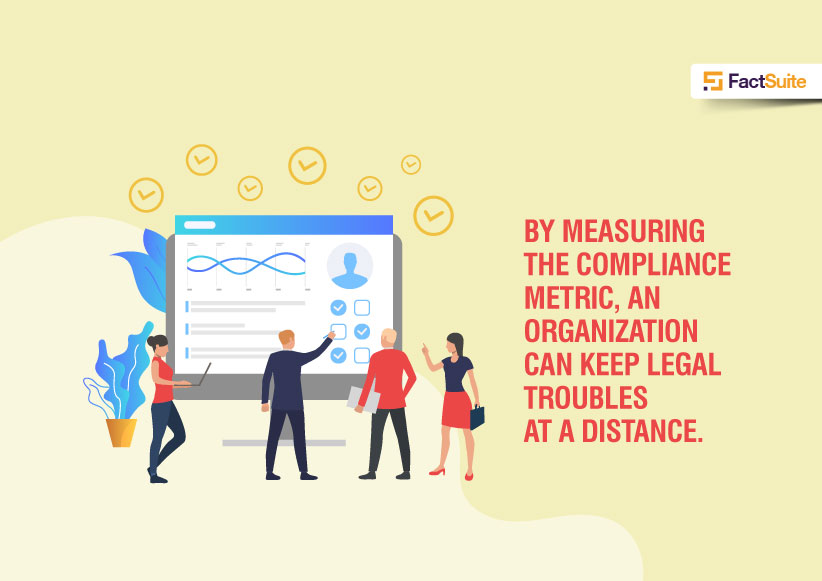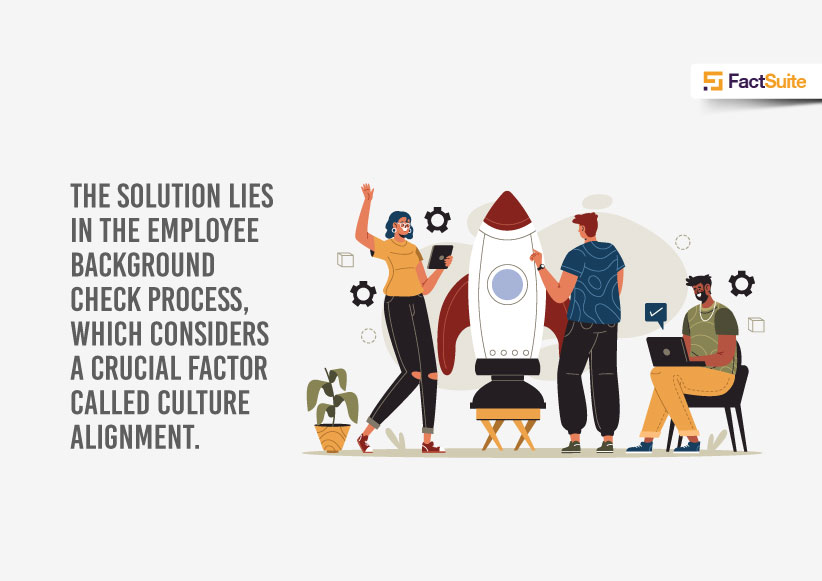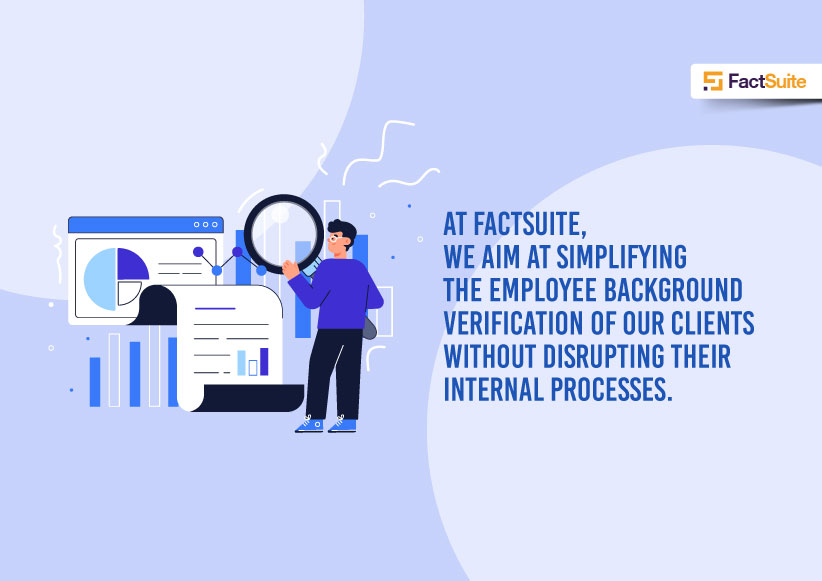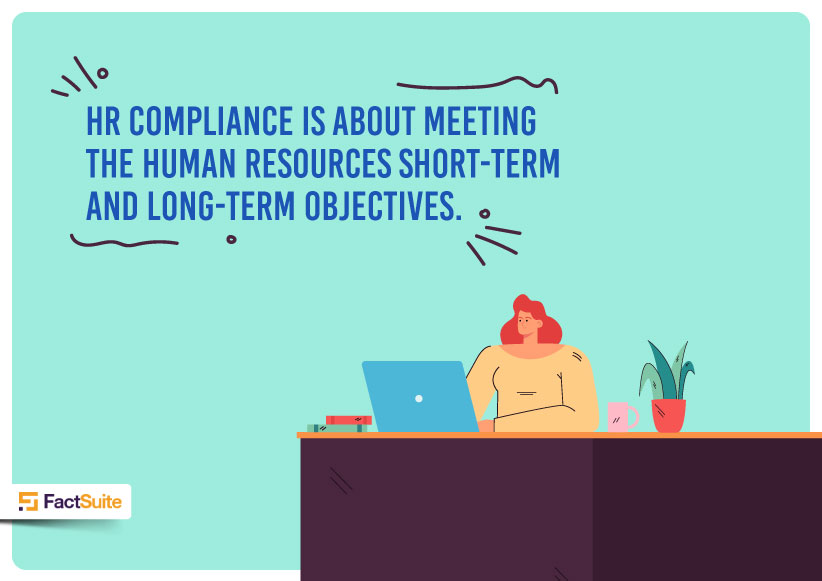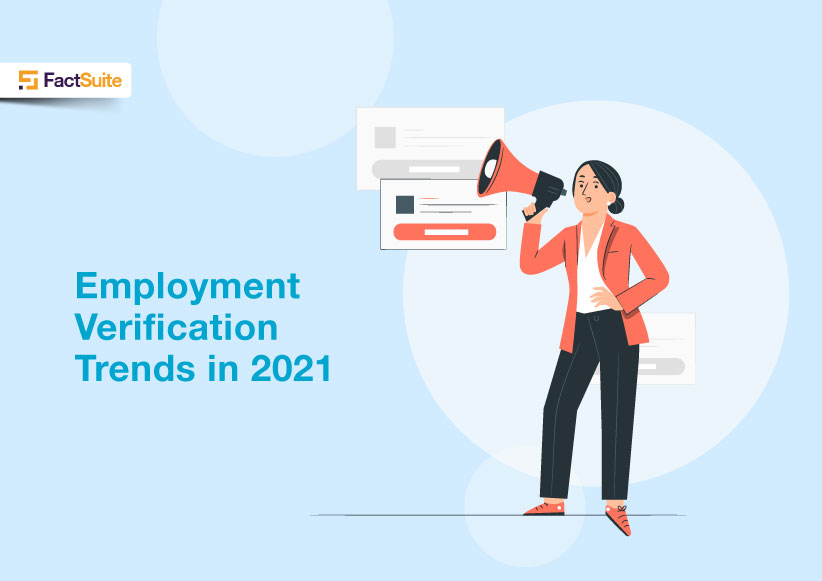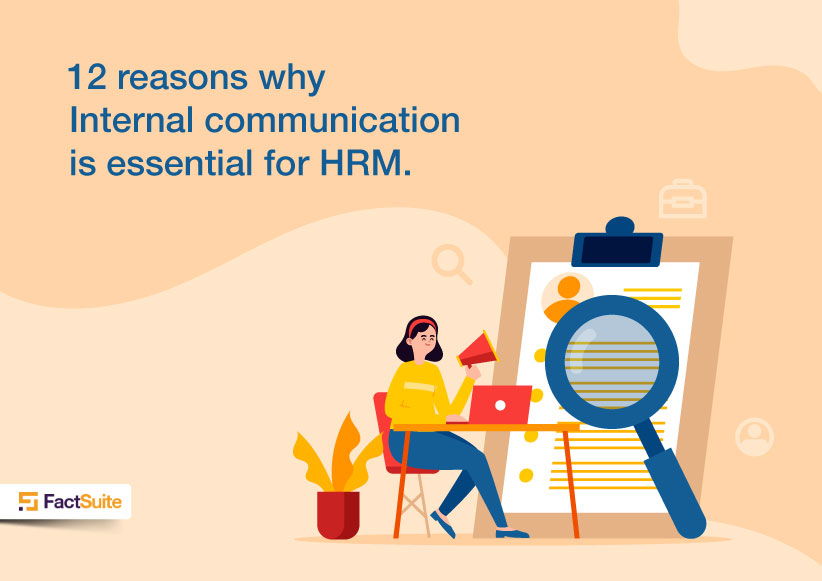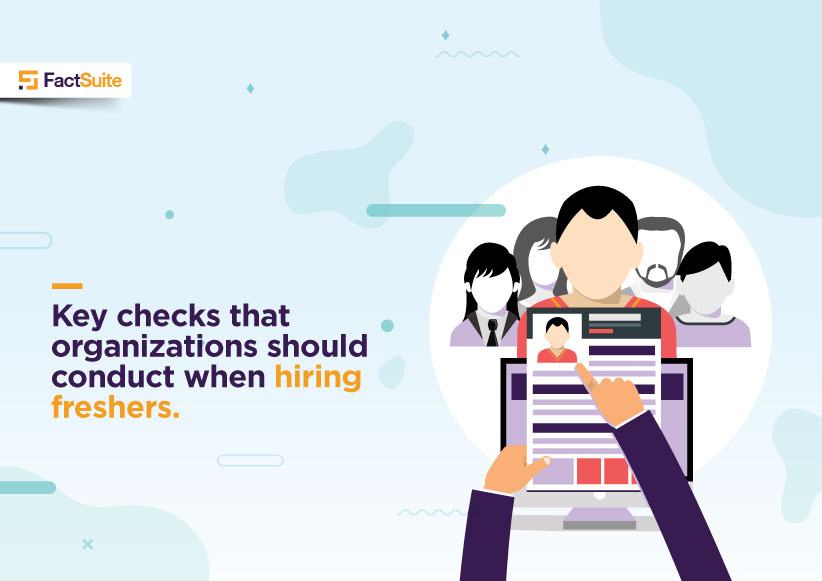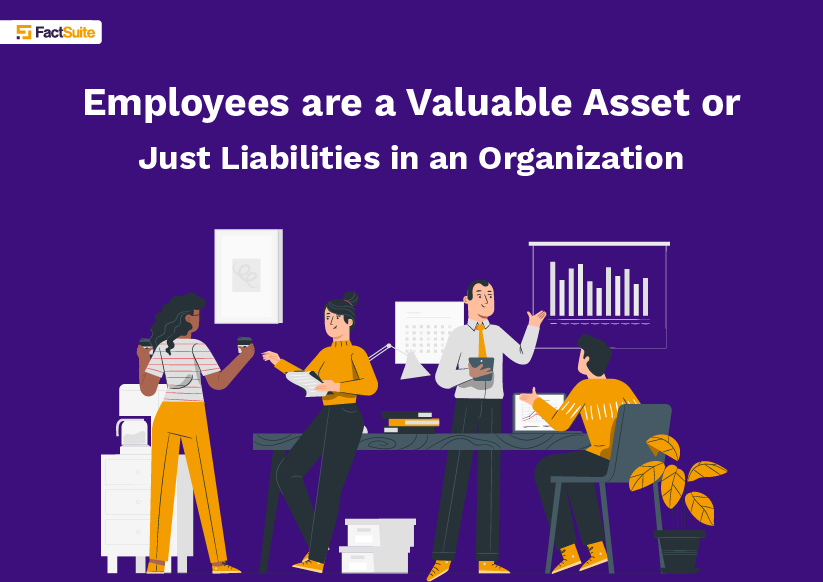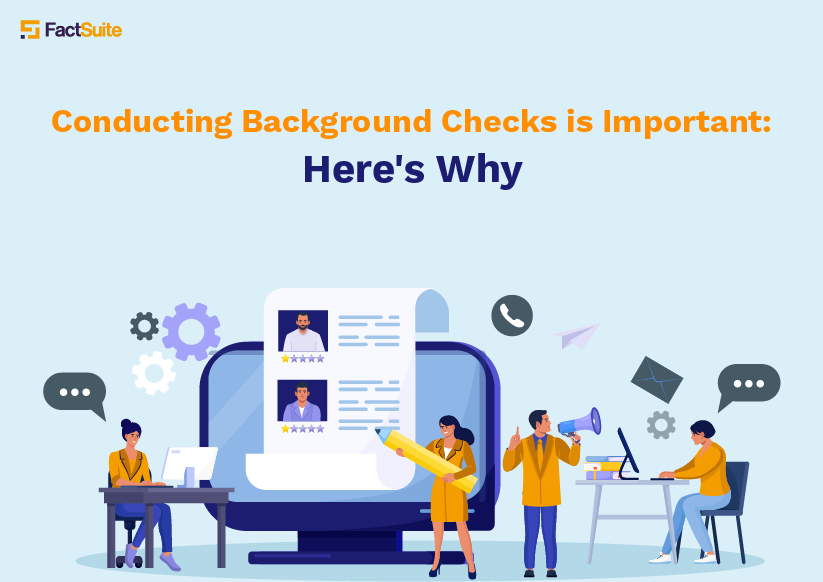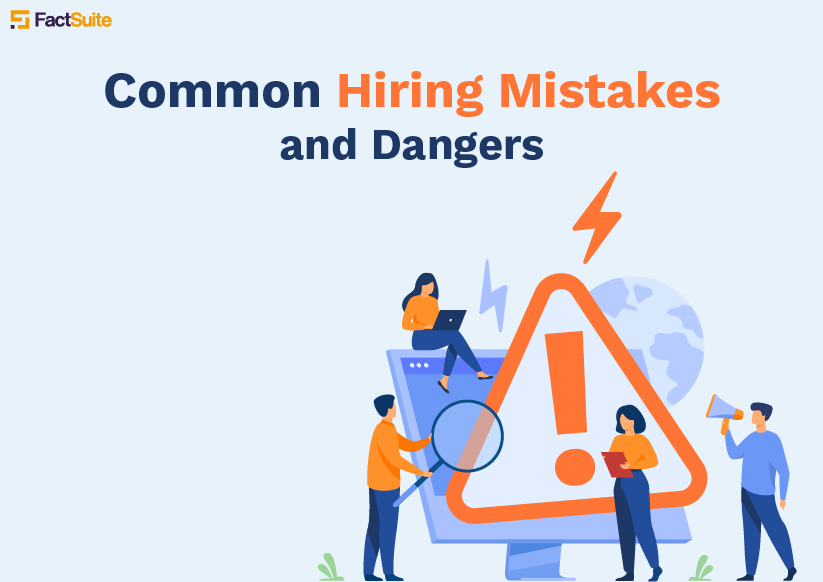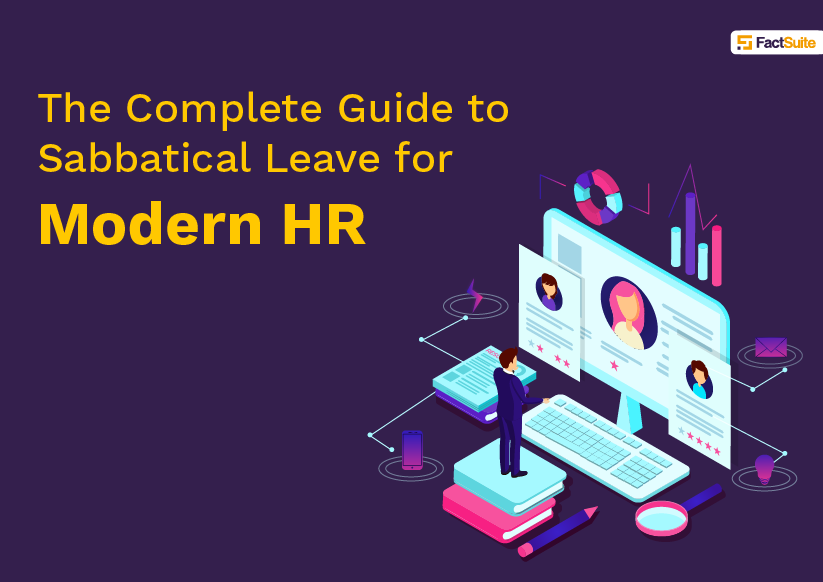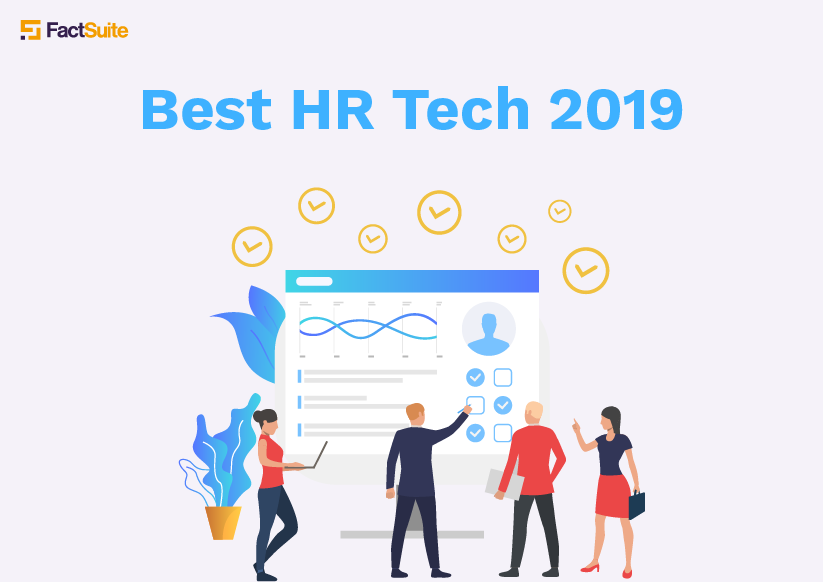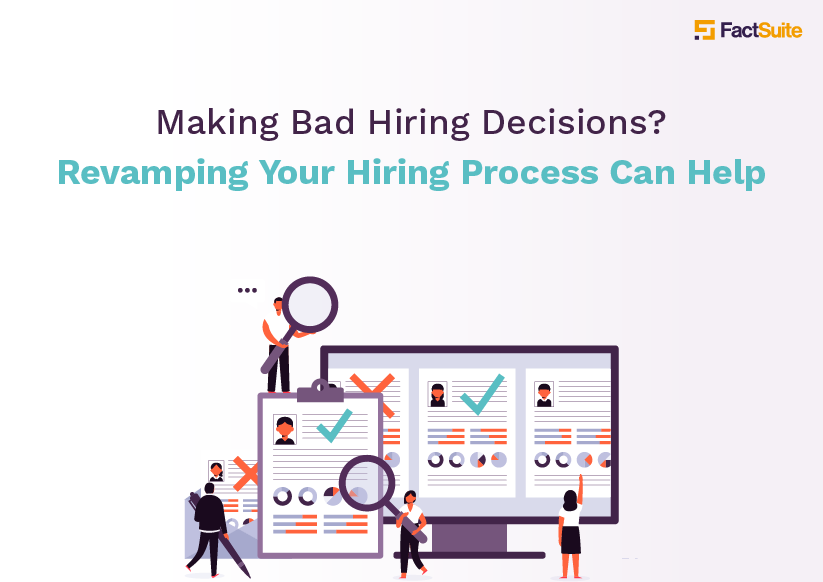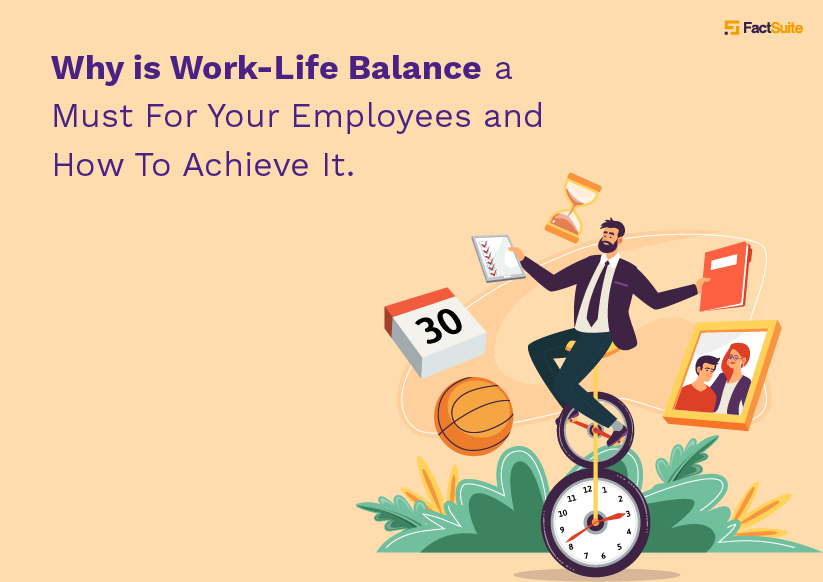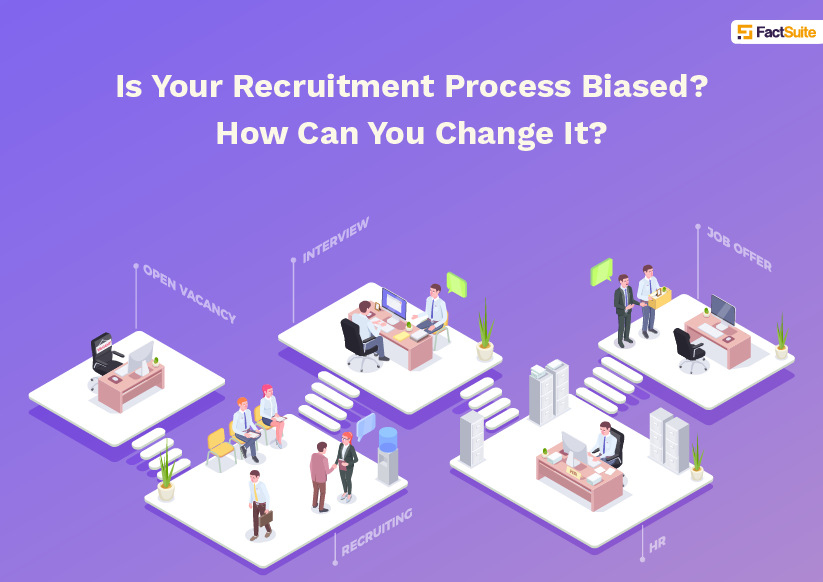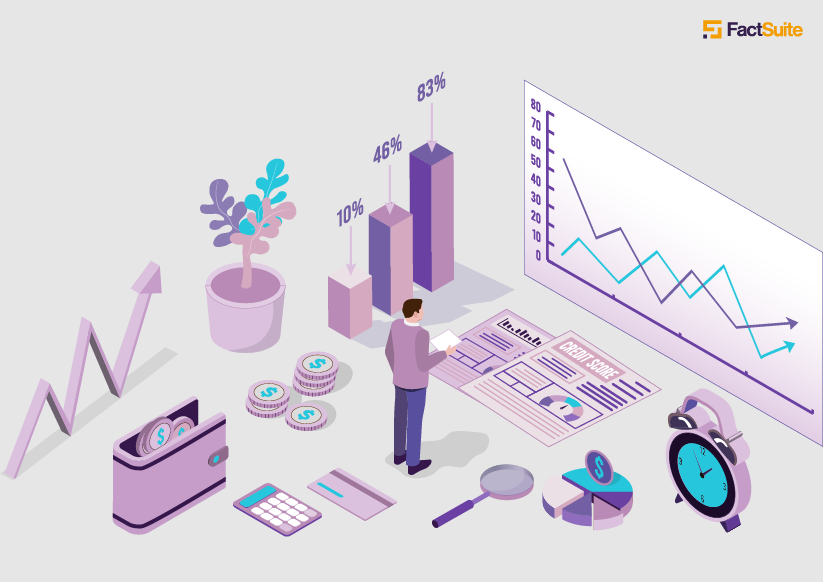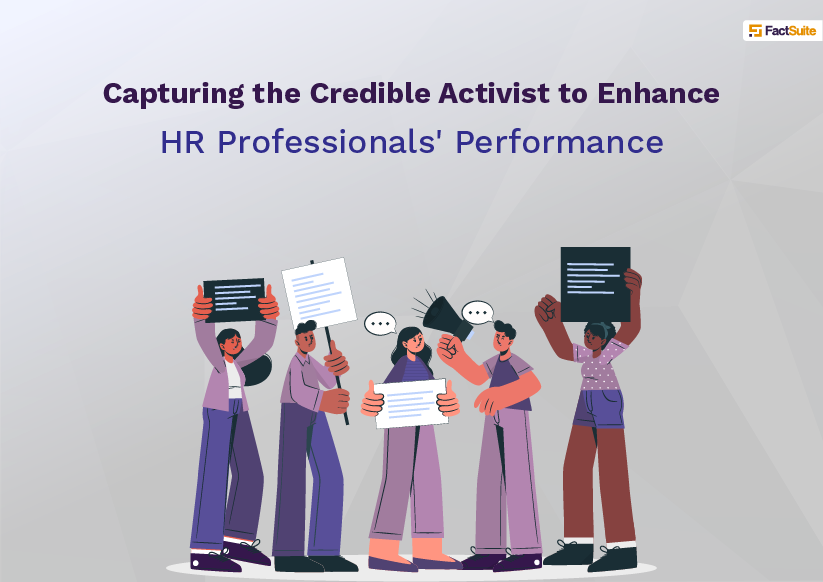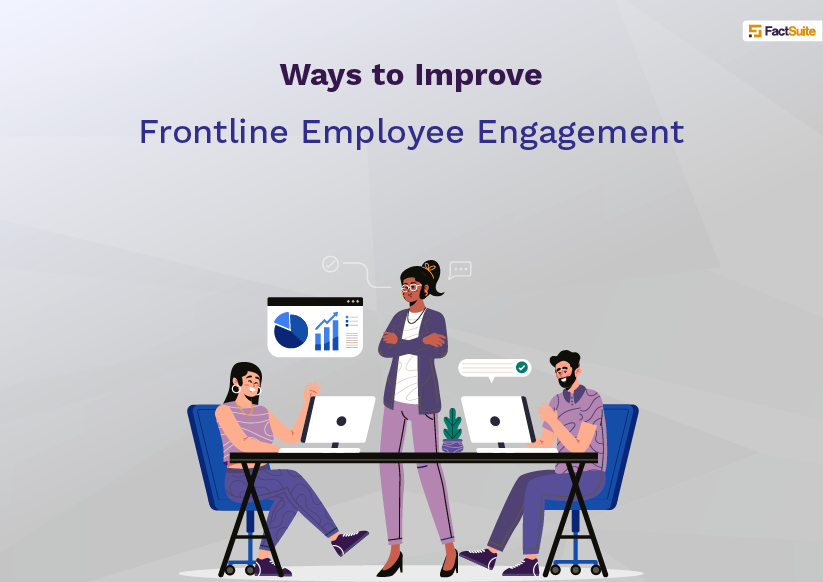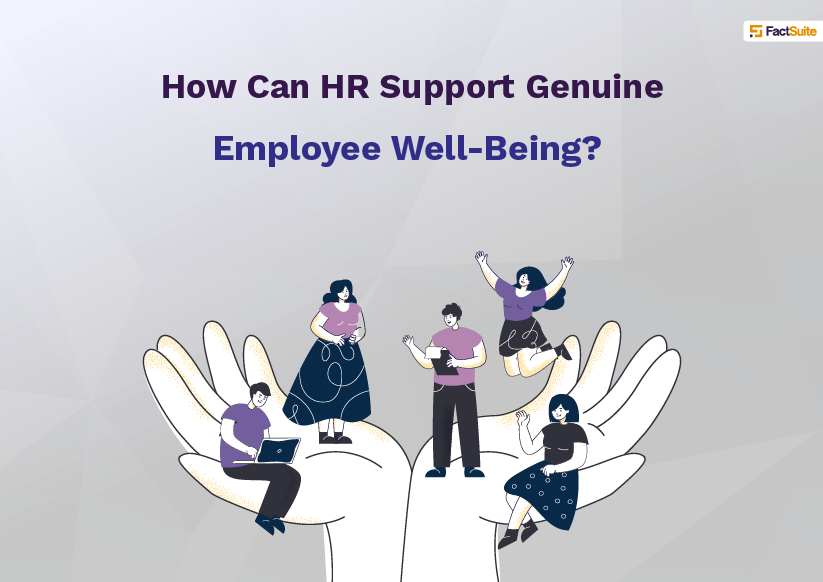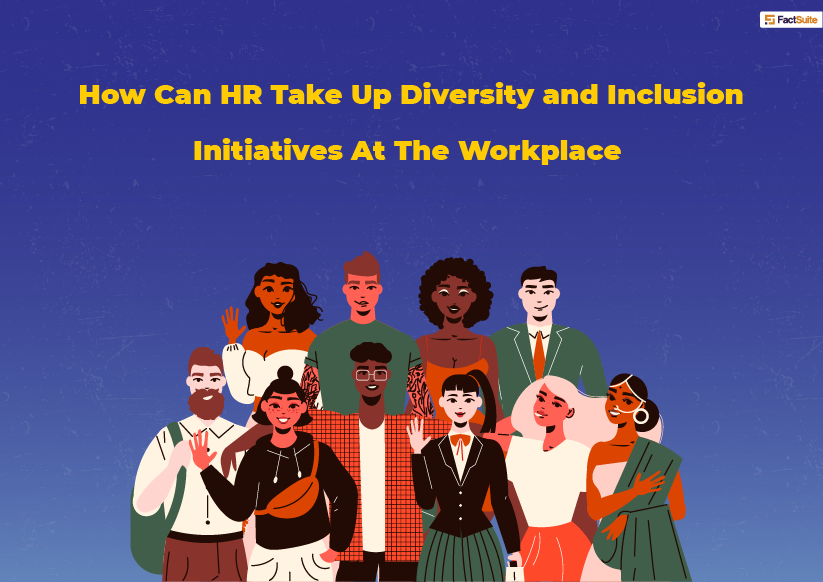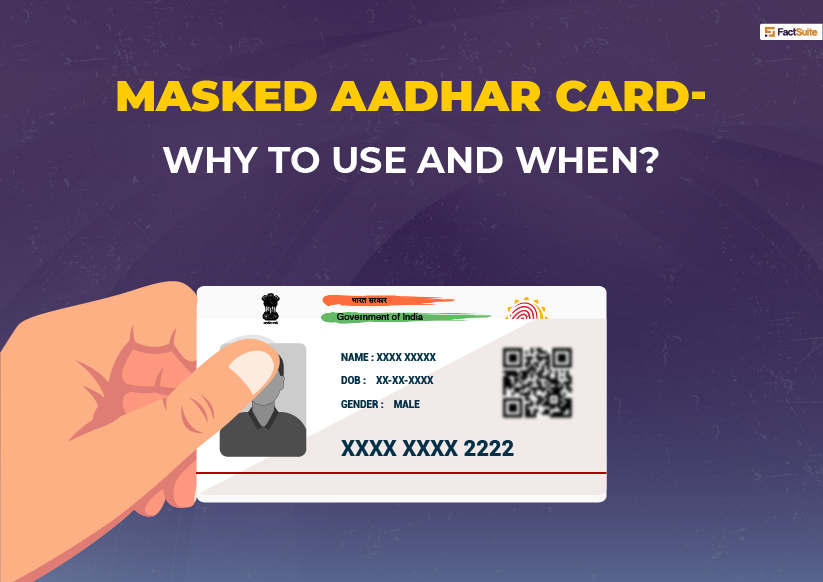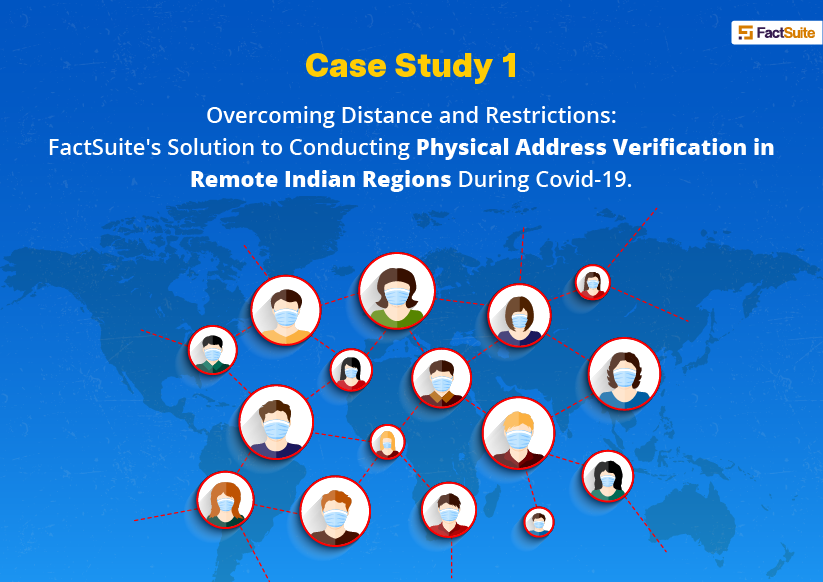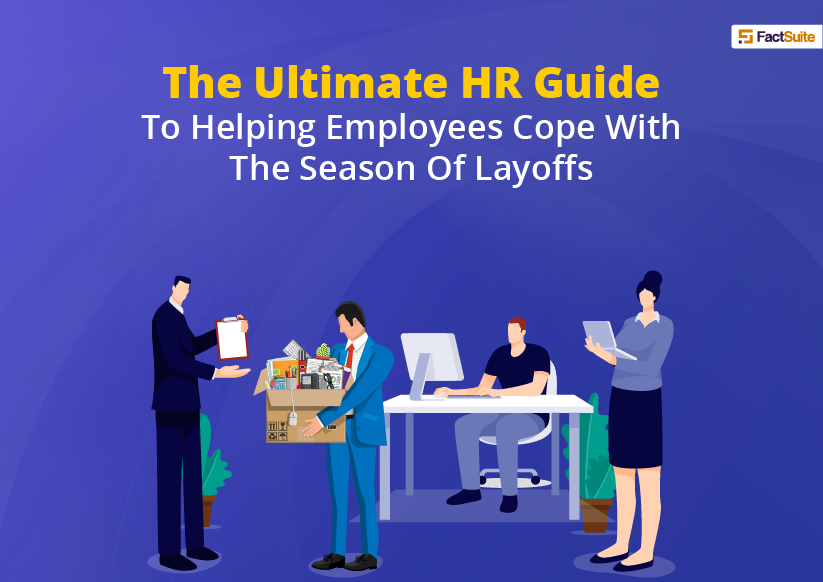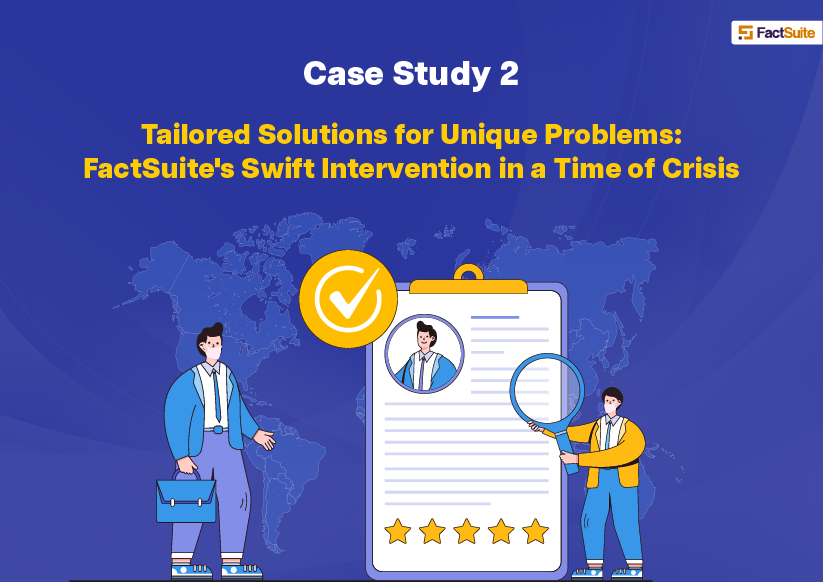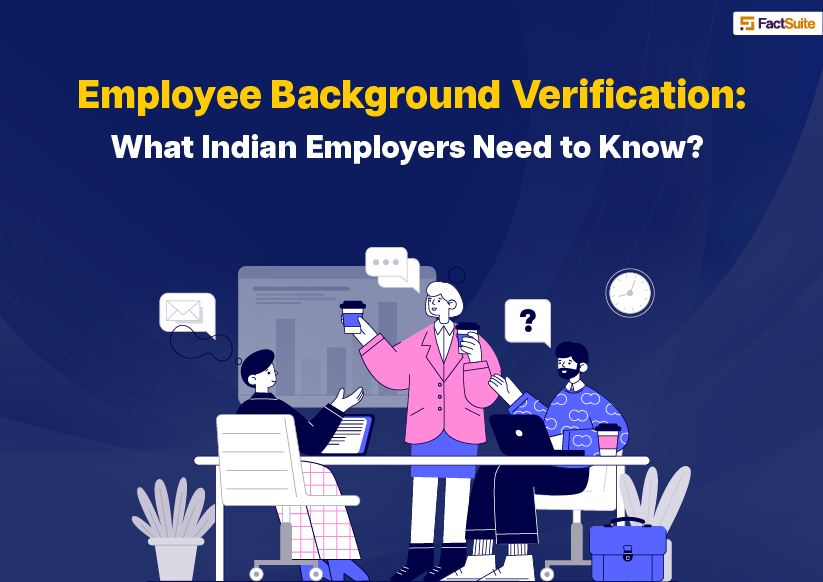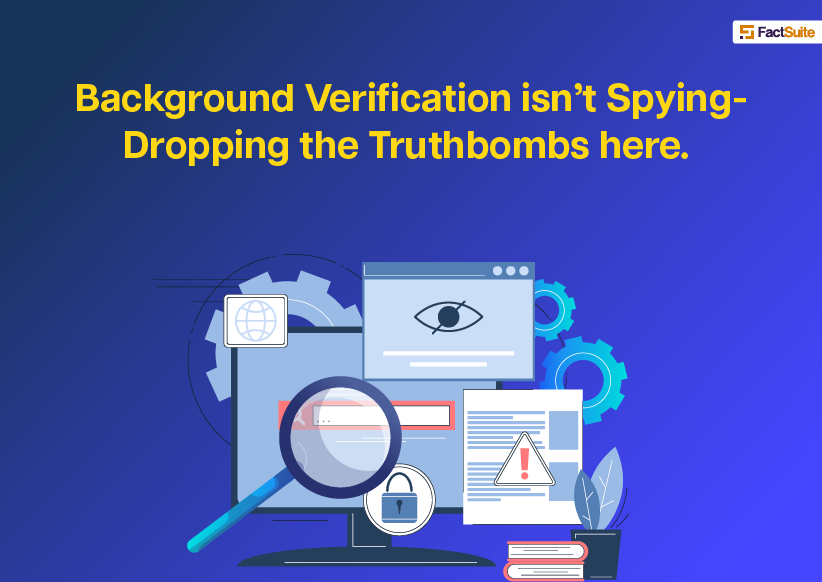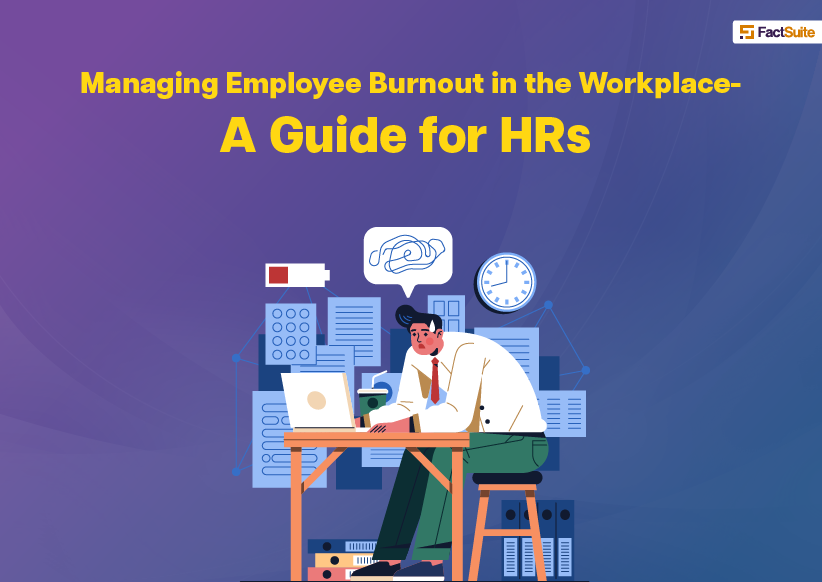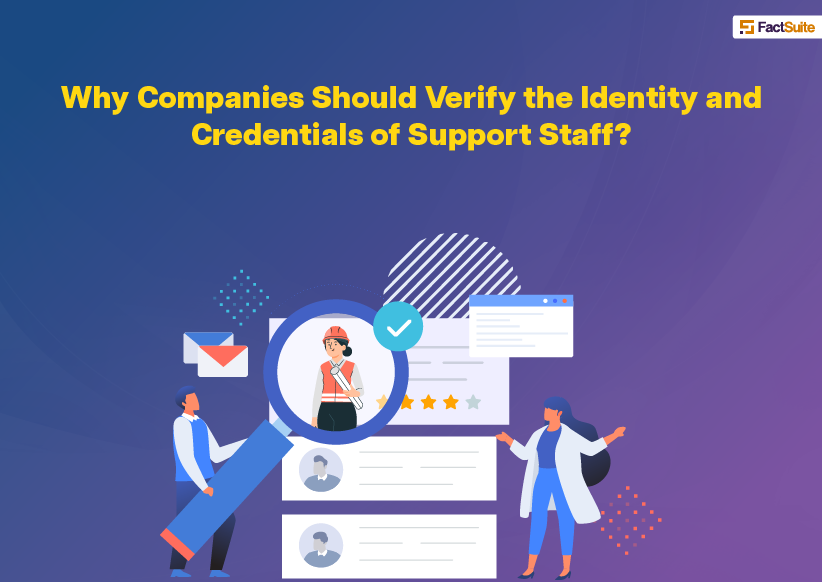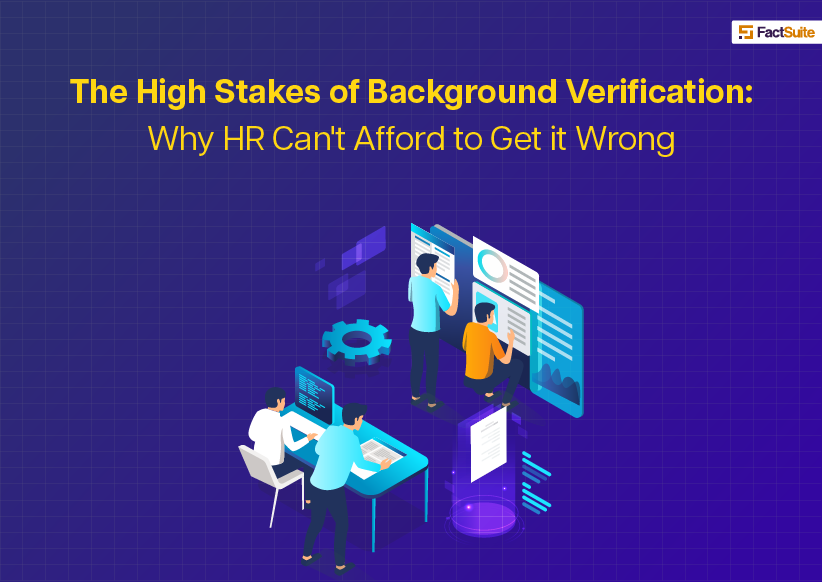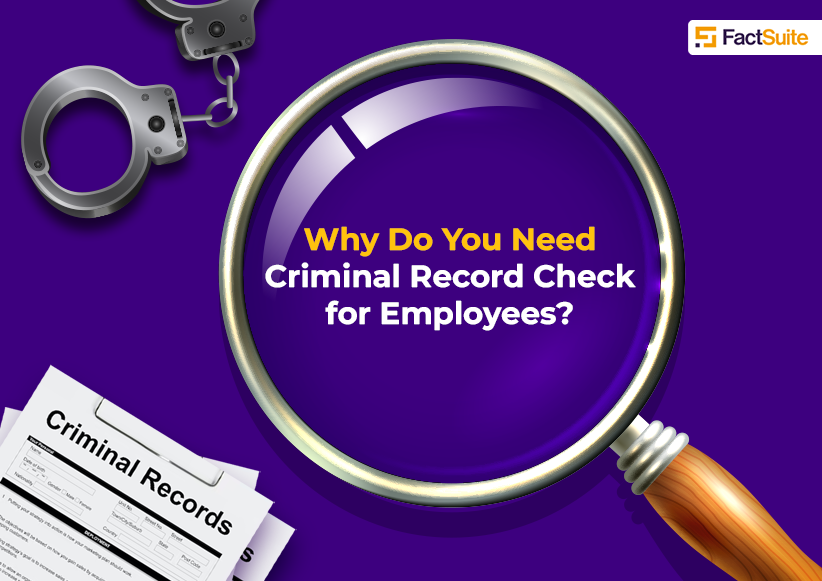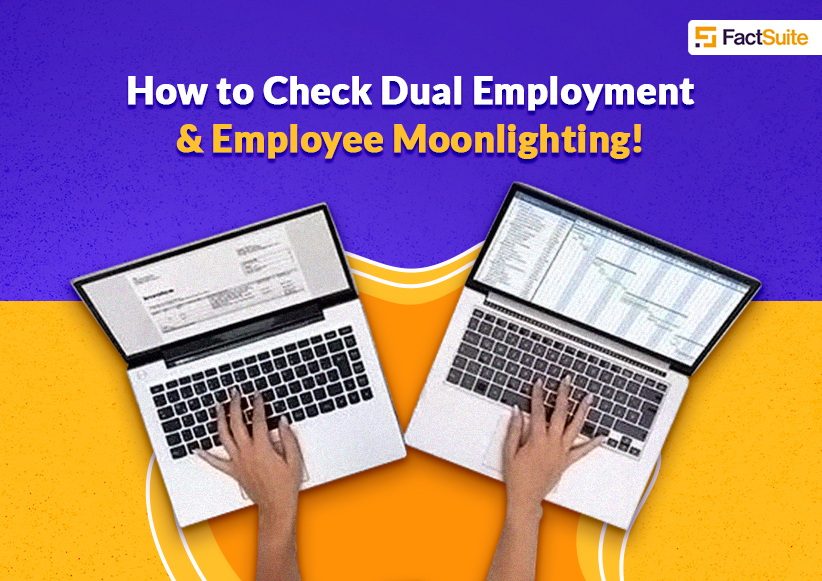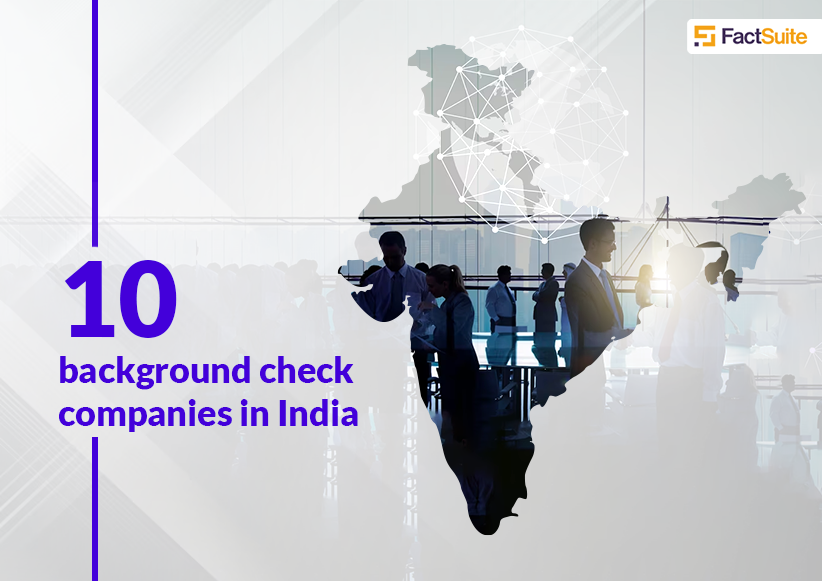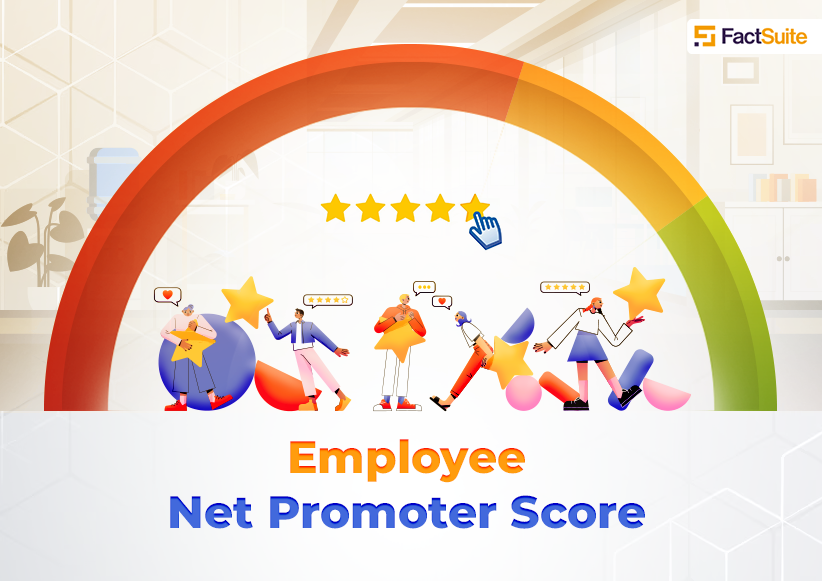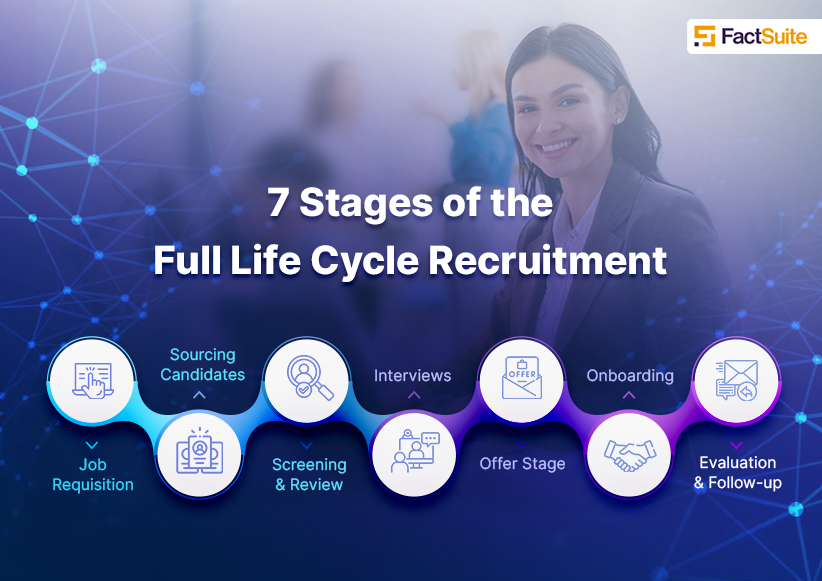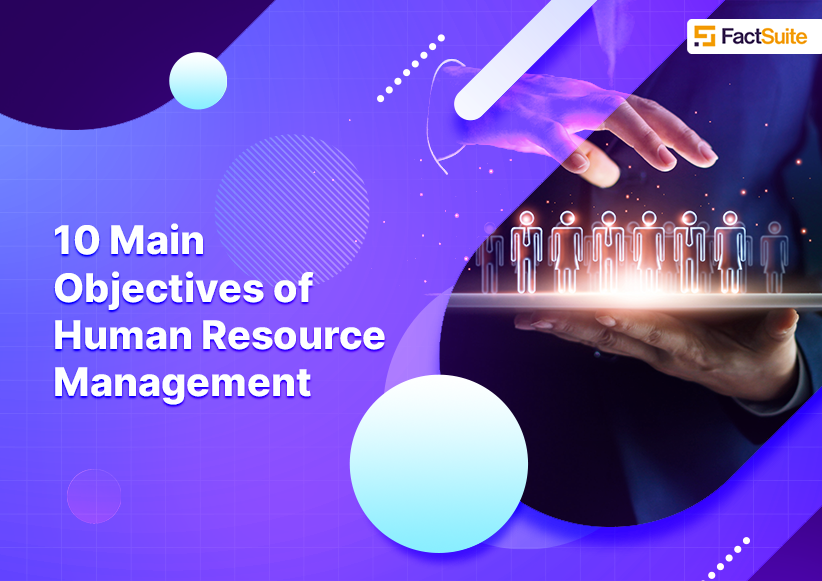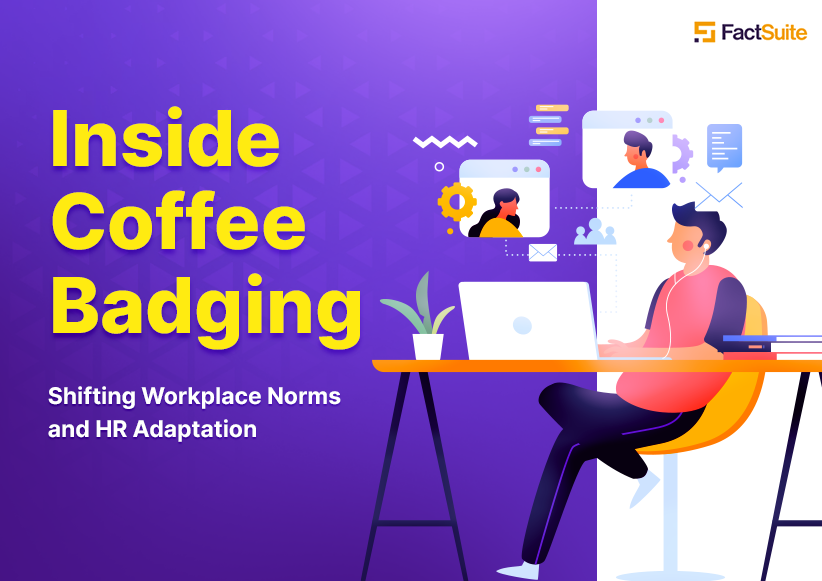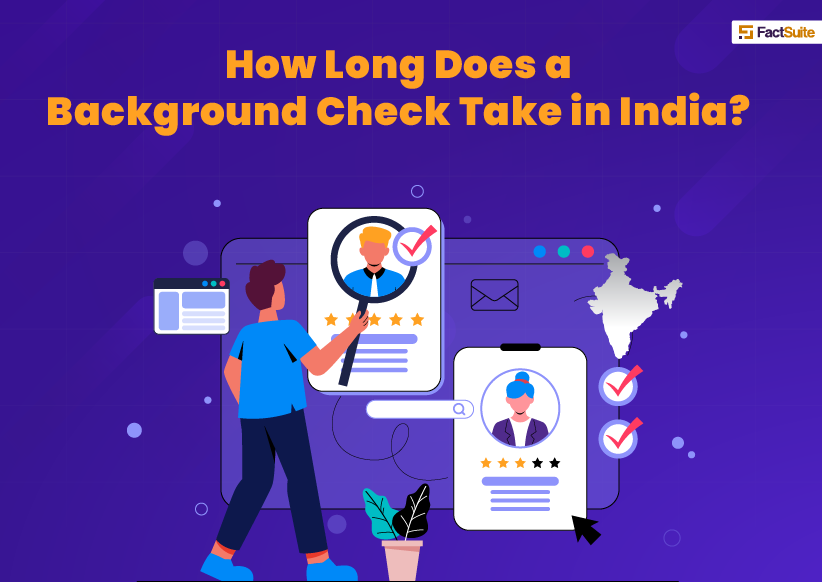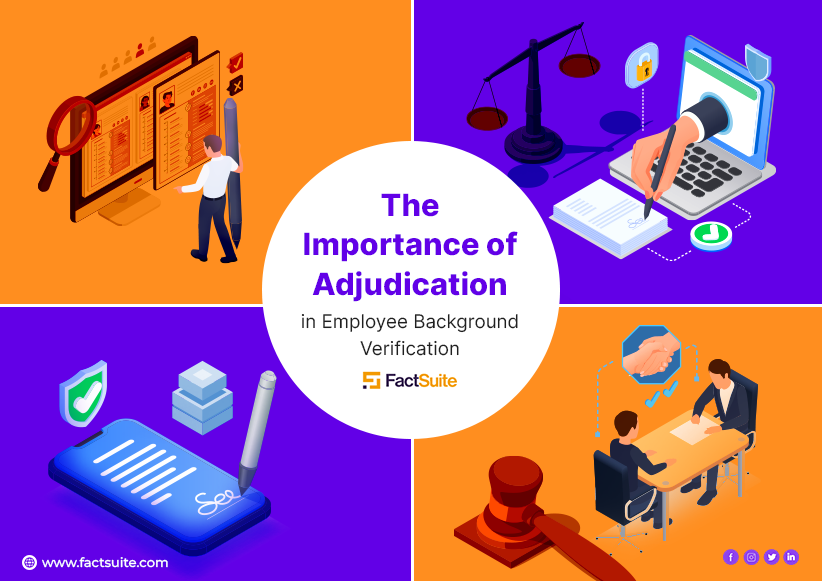The Importance of Conducting Reference Checks in Background Verification: Dos and Don'ts You Need to Know
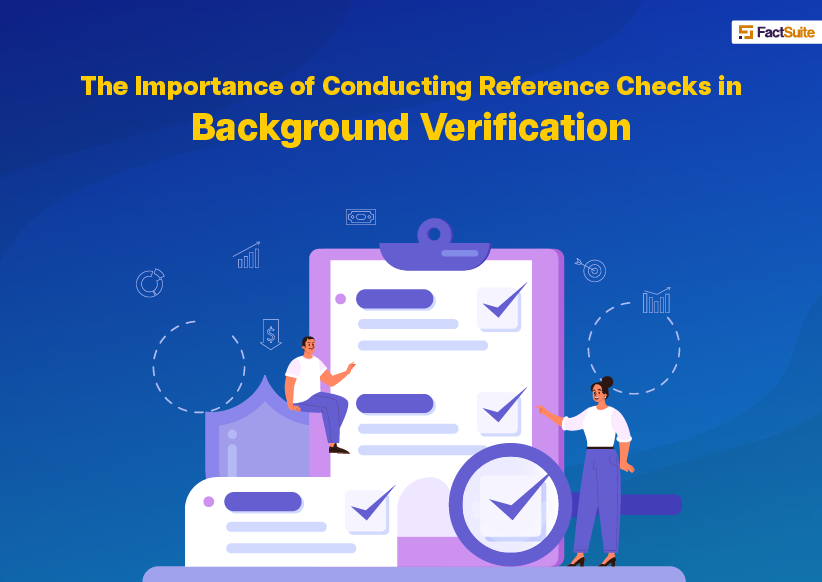
When it comes to hiring new employees, it is essential to conduct thorough background verification to ensure the candidate is suitable and trustworthy for the job. One crucial aspect of background verification is conducting reference checks. In this article, we will discuss the importance of reference checks in background verification and outline the dos and don'ts to follow when conducting reference checks in India.
India's population reached 1.417 billion in 2022. As stated by the World Economic Forum, this has resulted in a substantial surge in the number of people eligible for employment. Consequently, companies can now more easily locate candidates who meet their desired job qualifications. Nonetheless, selecting the appropriate individual for the position is critical for companies. It not only promotes a favourable work atmosphere but also aids in reducing potential legal risks that may arise from negligent hiring practices.
Table of Contents
1. Introduction
2. Importance of Reference Checks in Background Verification
- Identify Fake Resumes and Falsified Information
- Verify Work History, Employment Dates, and Job Titles
- Evaluate the Candidate's Performance, Skills, and Work Ethics
- Mitigate the Risk of Hiring Unsuitable or Dishonest Candidates
3. Dos of Conducting Reference Checks in India
- Inform the Candidate and Get Their Consent
- Identify the Right References
- Prepare Questions and Conduct the Reference Check
- Follow Up and Verify Information
4. The Don'ts of Conducting Reference Checks in India
- Violating Data Privacy and Protection Laws
- Discriminating Against Candidates
- Relying Solely on Reference ChecksIgnoring Red Flags or Inconsistencies
- Ignoring Red Flags or Inconsistencies
5. Conclusion
Introduction
Before delving into the importance of reference checks, let's define what they are. Reference checks are the process of contacting the candidate's previous employers, colleagues, or clients to verify their work history, employment dates, job titles, performance, skills, and work ethics. Reference checks can help identify fake resumes and falsified information and mitigate the risk of hiring unsuitable or dishonest candidates.
Importance of Reference Checks in Background Verification
According to a publication by India Times, over 10% of job seekers in India provide false information on their resumes, including falsifying their education, criminal records, and residential addresses. This number is lower compared to the US, where 25% of resumes contain discrepancies, but experts believe that the lower figure in India may be due to the limited number of background checks performed. The study also found that 10% of the falsified information pertained to course completion, 5% involved fake university degrees, and nearly 50% of job seekers had submitted fraudulent documents.
Conducting reference checks is an essential part of the background verification process. Here are some reasons why:
Identify Fake Resumes and Falsified Information
Unfortunately, many candidates provide false or misleading information on their resumes, such as inflated job titles, exaggerated job responsibilities, and fraudulent educational qualifications. Conducting reference checks can help identify such discrepancies and ensure the candidate's credentials are authentic and accurate.
Verify Work History, Employment Dates, and Job Titles
Reference checks can help verify the candidate's work history, employment dates, and job titles. This information can help employers confirm the candidate's career progression and identify any employment gaps or inconsistencies.
Evaluate the Candidate's Performance, Skills, and Work Ethics
Reference checks provide valuable insights into the candidate's performance, skills, and work ethics. Former employers, colleagues, or clients can provide feedback on the candidate's strengths, weaknesses, and work habits, giving the employer a better understanding of the candidate's suitability for the job.
Mitigate the Risk of Hiring Unsuitable or Dishonest Candidates
Conducting reference checks can help mitigate the risk of hiring unsuitable or dishonest candidates. The feedback obtained from former employers, colleagues, or clients can help employers make informed hiring decisions and avoid costly mistakes.
Dos of Conducting Reference Checks in India
When conducting reference checks in India, it is essential to follow the dos and don'ts to ensure compliance with the law and best practices. Here are some dos to keep in mind:
Inform the Candidate and Get Their Consent
Before conducting reference checks, employers must inform the candidate of the process and its purpose. The employer must obtain the candidate's written consent to conduct the reference check, ensuring compliance with data privacy laws and regulations.
Identify the Right References
Employers should contact professional references such as former supervisors, colleagues, or clients who have worked closely with the candidate. The authenticity and accuracy of the references provided must be verified, and personal references such as family and friends should be avoided.
Prepare Questions and Conduct the Reference Check
Employers must draft a list of questions relevant to the candidate's job responsibilities and ask open-ended questions to encourage honest and detailed responses. The responses obtained must be documented accurately and objectively.
Follow Up and Verify Information
Employers must verify the information provided by the references through multiple sources and follow up with additional questions or clarification if necessary. The information obtained must be cross-checked with other background checks.
Here are five examples of questions that may be asked during a reference check:
-
Can you describe how you and the candidate worked together
-
What do you think are the candidate's strengths, and can you provide examples of where you saw these strengths in action
-
Can you share a stressful situation the candidate faced at work and how they dealt with it
-
Would you recommend the candidate for this position, and if so, why
-
Is there anything else you think I should know about the candidate that we haven't discussed yet
The Don'ts of Conducting Reference Checks in India
Violating Data Privacy and Protection Laws
In India, there are several data privacy laws and regulations in place to protect the personal information of individuals. As an employer, it is important to comply with these laws when conducting reference checks. This includes obtaining written consent from the candidate before sharing their personal information with the references. Failure to comply with data privacy laws can result in legal action and negative consequences for the company's reputation.
Discriminating Against Candidates
Discrimination in hiring is a serious issue that can have legal and ethical implications. As an employer, it is important to avoid asking questions related to race, religion, gender, age, sexual orientation, or disability during reference checks. These questions are not relevant to the candidate's job performance and can be seen as discriminatory. Instead, focus on job-related questions and treat all candidates equally and fairly.
Relying Solely on Reference Checks
While reference checks are an important tool for background verification, they should not be relied upon solely. It is important to use multiple methods for background verification, such as verifying the candidate's education, criminal history, and other relevant information. This can include using assessments and interviews in addition to reference checks.
Ignoring Red Flags or Inconsistencies
Red flags and inconsistencies in a candidate's work history or performance should not be ignored during reference checks. Instead, it is important to follow up with the references to clarify any concerns or doubts. This can provide valuable information for making an informed hiring decision.
Conclusion
In conclusion, conducting reference checks in India requires careful consideration of several dos and don'ts. Employers must respect data privacy and protection laws, avoid discriminatory practices, use multiple methods for background verification, and pay attention to red flags and inconsistencies. By following these guidelines, employers can make informed hiring decisions while also protecting the privacy and rights of candidates.

